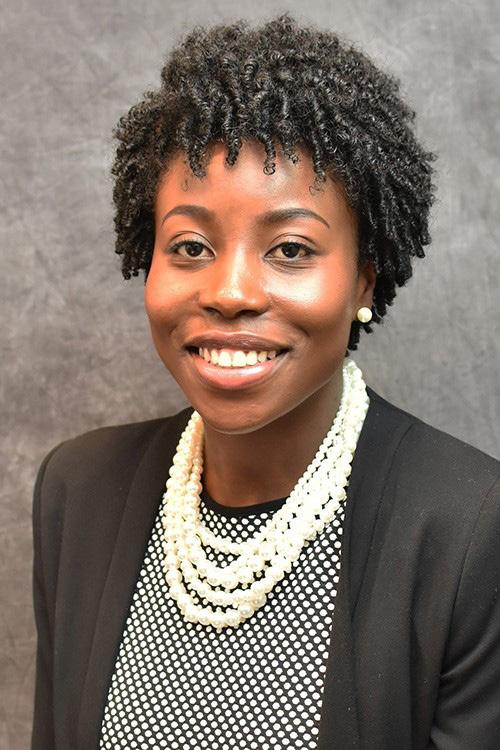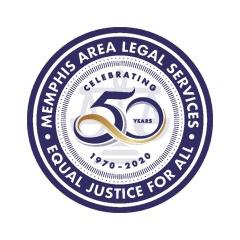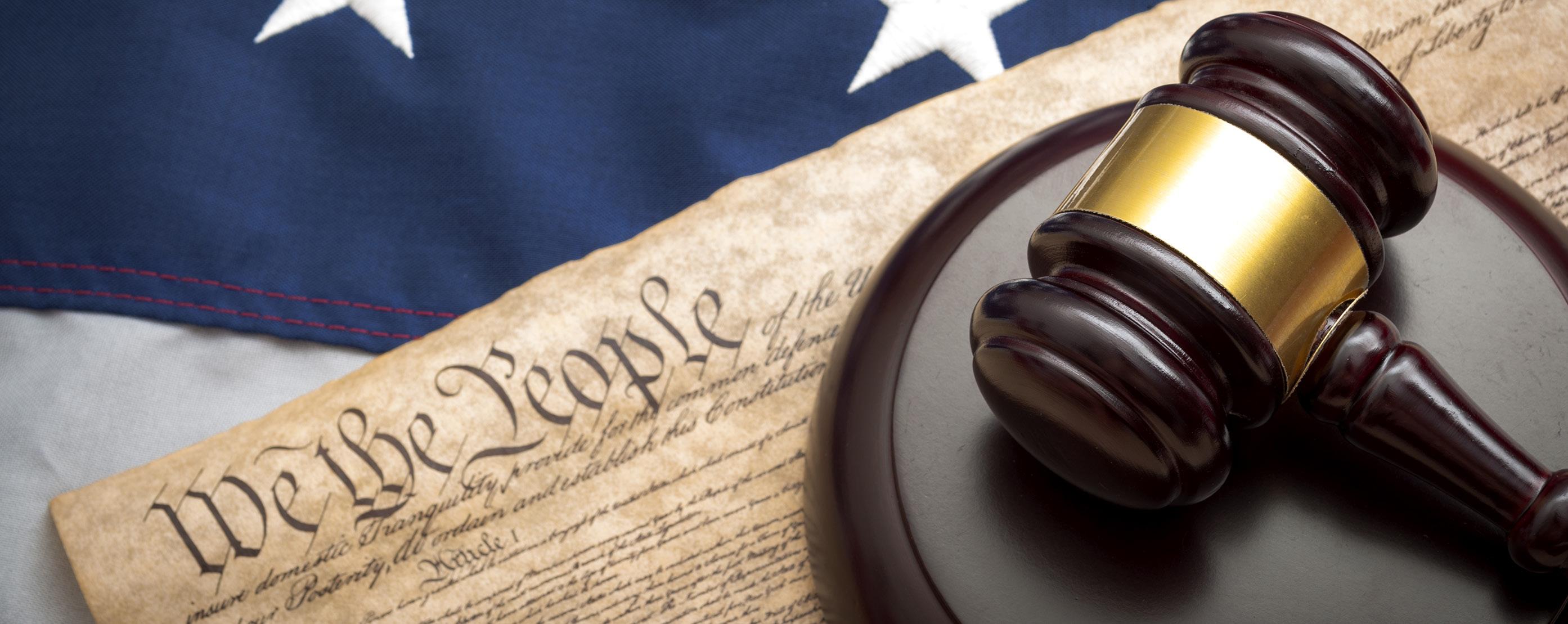
7 minute read
CLC: DACA Limbo During COVID-19 Health Crisis
DACA Limbo During COVID-19 Health Crisis
By LUCY BOATENG
As our country pivots toward a “new normal,” recent immigration challenges enacted by the current Administration have caused many immigrants to remain in limbo. Over the last four years, the Deferred Action for Childhood Arrivals (“DACA”) program has drastically changed. The DACA program has allowed an estimated more than 690,000 immigrants a chance to live and work legally in the United States. The Administration’s September 2017 order to end the DACA program reached the U.S. Supreme Court in 2019. It was ultimately determined in June 2020 that the decision was “arbitrary and capricious” under the Administrative Procedure Act --- and failed to consider the hardship to DACA recipients.

The decision resulted in the restoration of the original 2012 program and required the United States Citizenship and Immigration Services (“USCIS”) to accept both initial and renewal applications for DACA and advance parole applications for DACA recipients. The Supreme Court’s ruling never actually stated that the program could not be terminated by executive order; but rather, the Court noted that the Administration needed to find a legal way to accomplish this. The Supreme Court’s ruling can be considered a win for DACA, as it gave current and potential DACA recipients hope.
In response to the Court’s decision, immigration practitioners and vested organizations commenced DACA renewals and initial DACA applications in anticipation of expected guidance from USCIS, especially regarding initial applications. The Community Legal Center (“CLC”) has continued to advertise our core mission services. Given COVID-19, we have also launched a new virtual DACA clinic for eligible applicants who need assistance with the application process but cannot afford to hire an attorney. Applicants can sign up for an online appointment and receive a one-on-one call or video consult meeting with a CLC legal representative for a reduced fee of $20. CLC is seeing an increase in community interest; the number of inquiries about DACA increased after the Supreme Court’s ruling. Given the pending status, CLC has moved to screen interested applicants for eligibility and has advised them to start gathering supplemental documentation in anticipation for filing.

Despite the Supreme Court’s decision and several lower federal court orders to reinstate the program, the Department of Homeland Security (“DHS”) released a memorandum on July 28, 2020 limiting the DACA program. Chad Wolf, Department of Homeland Security Acting Secretary, stated in the memorandum that he is “rescinding the 2017 and 2018 memoranda, and making certain immediate changes to the DACA policy to facilitate…thorough consideration of how to address DACA in light of the Supreme Court’s decision.” Specifically, the memorandum stated that DHS would reject initial DACA applications, continue to process DACA renewal applications --- but grant it for only oneyear extensions, and reject advance parole applications unless there are exceptional circumstances. These actions are a violation of the Supreme Court’s decision and several other federal court decisions.
So, what is next for current and potential DACA recipients? It is recommended that DACA recipients renew their DACA as soon as possible. Applications can be submitted as early as 150 days prior to the expiration of the current DACA validity period. Applicants can call the CLC at 901-543-3345 or schedule an appointment at www.clcmemphis.org for a virtual consult. It is unclear what the best course of action is for initial DACA applicants in light of the July 28, 2020 memorandum. If applicants decide to file initial DACA and advance parole applications, they risk the applications being rejected. However, if applicants file before the program is rescinded or partially rescinded, they may be able to sue or benefit from federal litigation if the applications are unlawfully rejected or denied. These changes are still relatively new. We hope to learn further details in the next couple of months so we can pass this on to our community.
MALS at 50: STILL SERVING JUSTICE FOR ALL

By DIANE VESCOVO & MIKE MCLAREN MALS 2020 Campaign for Equal Justice Co-Chairs
Memphis Area Legal Services turns 50 this year. And in the midst of a global pandemic, the need for legal services for those who cannot afford representation is greater than ever, and MALS needs your support more than ever.
Over 50 years ago, a group of thirty-one lawyers and law students, led by W. J. Michael “Mike” Cody, recognized the need to provide access to civil legal services to low income families and elderly people in Shelby County. (The founders are listed at the end of this article.) They pooled their own funds to form the Neighborhood Legal Services Project. It opened in the old Centenary Methodist Church located at 878 Mississippi Boulevard. It was staffed with a law student and a secretary, then lawyers volunteered their time after work. In 1970, government funding was obtained, and the Memphis and Shelby County Legal Services (MSCLS) opened its doors. The Honorable George H. Brown (retired Circuit Court Judge) served as the initial Executive Director followed by A C Wharton, Jr. (former Mayor of the City of Memphis and former Shelby County Mayor). In 1974, the Legal Services Corporation Act, which established the Legal Services Corporation (LSC) in Washington, D.C., provided federal funding for legal aid. As services were expanded to neighboring counties, the name was changed to Memphis Area Legal Services, Inc. (MALS) to reflect the expansion of services to Fayette, Lauderdale and Tipton Counties. The Campaign for Equal Justice was established nearly 20 years ago to respond to a financial crisis occasioned by federal budget cuts. It is a critical source of revenue for MALS.
The need for legal representation was important to these founders 50 years ago and is even greater today during the COVID-19 pandemic. While some law firms may have experienced a decline in their client base in recent months, MALS’s client base has grown by leaps and bounds. In the wake of widespread unemployment, now more than 27% of Memphis residents and a staggering 45% of children in Memphis live below the federal poverty level.
Eviction cases are soaring. Domestic violence cases are out of control. Elder abuse incidents are on the rise. Resources are scarcer. Because of the pandemic, we are called upon to do more. There are twenty-two attorneys currently working at MALS. In the first seven months of 2020, these attorneys have handled 1,865 cases – an average of 89 cases per attorney. These statistics alone underscore the need for all of us to give more.
For us, this is our first pandemic. We are called upon to be innovative in these unprecedented times and do things differently. Because of COVID-19, MALS cannot hold its annual Justice for All Ball. Instead, MALS has other special events in the pipeline, including a virtual wine dinner at Napa Café -- MALS@50 Still Serving Justice For All -- and other dining experiences with Restaurant Iris in October. Kathy Buckman Gibson and J.W. Gibson have graciously agreed to host the wine dinner. The dinner will be a new experience for everyone but promises to be a fun way to honor the founders of MALS, raise funds, and kick off the Campaign for Equal Justice. In connection with the wine dinner, we will have
many other ways to participate and contribute! Watch for more information to follow.
Last year, the Campaign for Equal Justice raised more than $ 380,000. This year, the year of the 50th Anniversary, we hope to raise even more. In the upcoming months, we

will be contacting you to ask for your support. While we realize many lawyers and law firms, like other businesses, are experiencing economic difficulties during these epic times, MALS is experiencing even more difficulties. Let us unite behind MALS in the last months of this year.
Please put MALS’s needs before your own. Diane’s father, Lloyd Kirkland, passed away in August at age 92. At the time of his death, he was the oldest practicing lawyer in Shelby County. Throughout his career, he made a point to donate generously to MALS every year, disproportionately to his own income, as the founders did 50 years ago when they pooled their own resources to provide justice for all. Join us in doing the same.
Ben C. Adams James T. Allison Walter Armstrong Irvin Bogatin Ronald Borod William Bruce William E. Caldwell David Caywood Robert L. (Butch) Childers Ross Clark
FOUNDERS W. J. Michael Cody Charles M. Crump Lee Freudburg James S. Gilliland Albert C. Harvey Michael E. Hewgley Edward M. Kaplan Bruce S. Kramer Phillip E. Kuhn Robert A. Lanier Percy Magness
James M. Manire W. Emmett Marston John B. Maxwell John Monclure Charles F. Newman Clifford D. Pierce John C. Robertson Irvin Salky W. Rowlett Scott Don Southern










